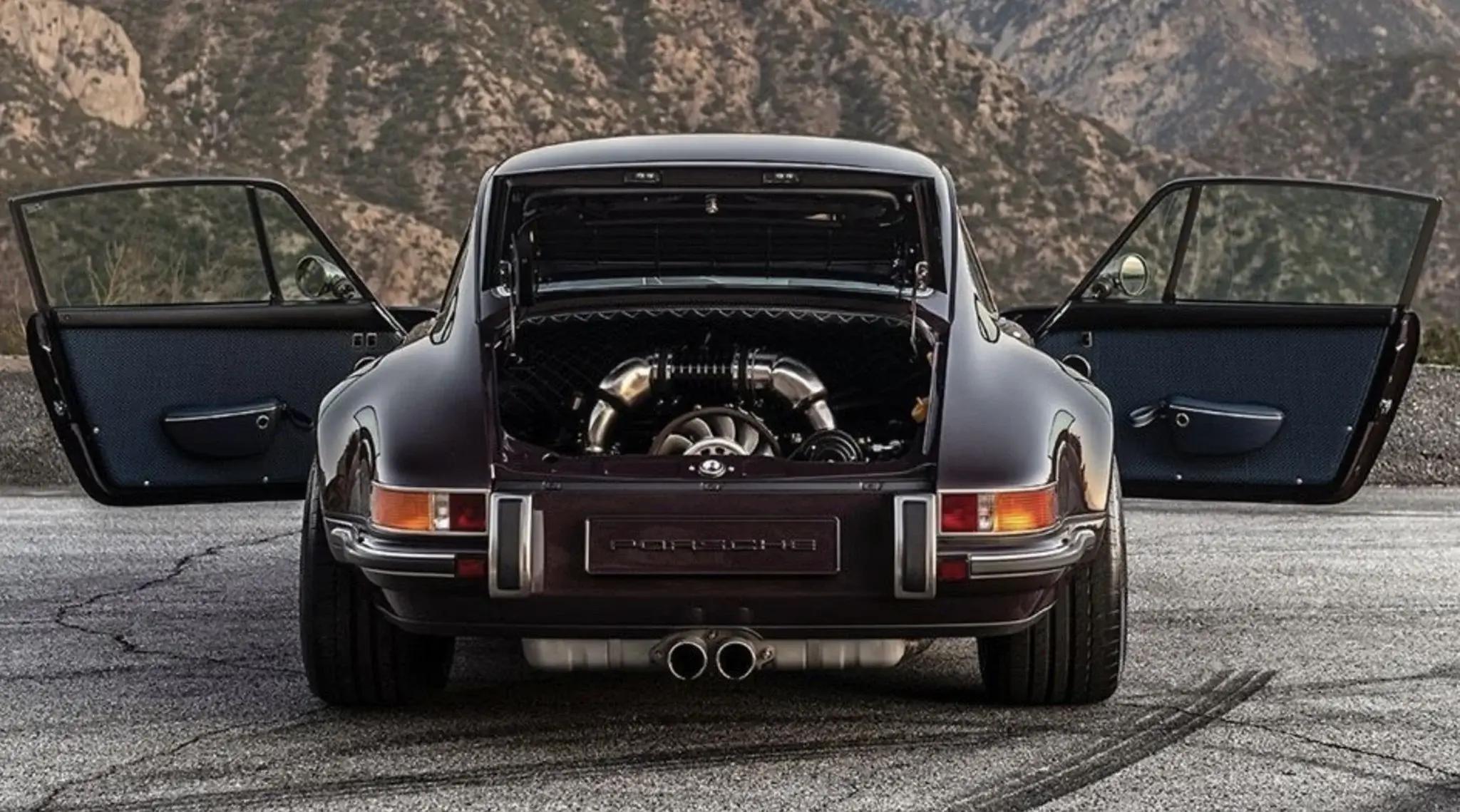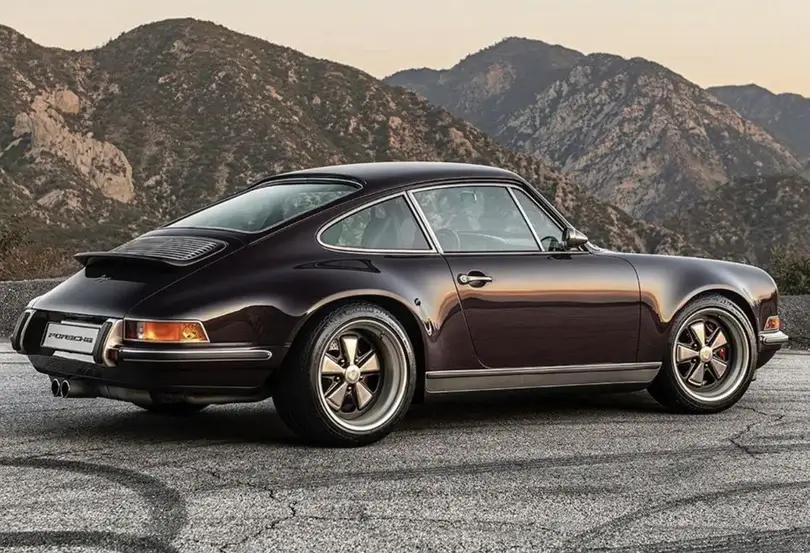Why Porsche North America Sued Singer Vehicle Design
Published By: NEWSROOM_REPOST

In an unexpected turn of events, Porsche Cars North America – the German automaker's corporate arm in Mexico, the US, and Canada – sued Singer Vehicle Design for trademark infringement and demanded a jury. Here's everything you need to know.
In late February, Porsche North America (plaintiff) filed a complaint against Singer Vehicle Design (defendant) in Delaware. The corporation asked for a jury, stated that the restomod specialist company made unauthorized use of several of its trademarks, and requested that the documents filed with the court be kept confidential through a motion to seal. The judge approved it.
Porsche North America – the exclusive importer of all things Porsche – alleges that Singer used four existing registered trademarks without obtaining its consent. According to official court documents and the United States Patent and Trademark Office (USPTO), these are as follows:
- 71668978/618933 (registered in 1951) – an illustration drawing with word(s)/letter(s)/number(s) in stylized form;
- 72417954/1008642 (registered in 1975) - an illustration drawing which includes word(s)/letter(s)/number(s);
- 75917912/ 2414167 (registered in 2000) – typeset word(s)/letter(s)/number(s);
- 72417955/ 1036454 (registered in 1975) – typeset word(s)/letter(s)/number(s).
All trademarks are owned by Dr. Ing. h.c. F. Porsche Aktiengesellschaft. They have been renewed and are currently active.
Essentially, Porsche North America sued Singer for using its stylized logo, its crest, the "Porsche" name, and the "911" moniker.
We reached out to Singer for comment, but they have not responded to our request at the time of publishing.
Trademark infringement lawsuits happen on a daily basis in the US. Most of them are not that serious or famous. However, Porsche's request for a jury indicates they wanted to show that they meant business from the get-go.
That is a bit unusual, considering that Singer has helped the automaker expand its fanbase and gain even more notoriety with well-off buyers than it already had. Some could even argue that Singer took Porsche's ethos, repackaged it in a nostalgia-filled automotive form with only a few modern touches, and let their vision blend with what some customers desired so much that they were willing to spend over $1 million for one.

It's even weirder when you realize that Porsche's North American motorsport division has been supplying Singer with engines since early 2022.
At the same time, Porsche might want to jump into the restomod community themselves. It wouldn't be a bad idea. After all, the marque has everything it needs to bring back to life donor cars. Just the fact that it can create parts that are sparse is a major advantage. It might also be able to sell some very special rides for way less than what Singer is asking for its creations.
However, that wouldn't be the same thing. Singer takes a very meticulous approach to manufacturing someone's dream Porsche. Everything comes out of their California factory precisely as the customer wants it. The buyers can even visit the plant on multiple occasions if they want to.
Finally, we believe that Porsche North America wanted to protect its trademarks and set a precedent to help them going forward. As the market for restomods heats up, the brand may want to stop certain companies from taking advantage of its prestigious identity. And since we're seeing the first details about this lawsuit now, chances are the two companies have already settled out of court.
Now, we can't help but wonder: are companies like Theon Design or Gunther Werks watching?
By: Florin Amariei
PUBLISHED APR 3 2024 ON AUTOEVOLUTION.COM










Comments (2)
Personally, I favor the idea that it does not have anything to do with being on anyone's "bad" list...but a company that does not take even basic steps to protect some of the range of unique to them trademark, trade dress, even minimally can potentially lose in a big way at some future date. It is cheap identity insurance with no one involved having or creating hard feelings. IMO.
Companies like Emory have been producing and selling modified Porsches for decades. I wonder what Singer did to get on Porsche's s*** list, when other companies seem to have peacefully coexisted with the factory, all those years.